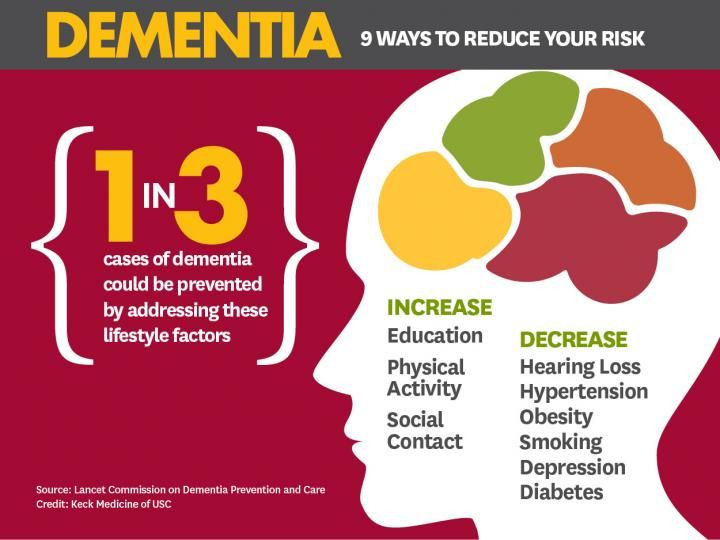Many Older Americans Work On Preventing Dementia But Their Strategies Are Wrong

The fear of dementia among elderly Americans is a nightmare plaguing their daily lives. But while most fear it, few have ever bothered to go to a doctor to confirm their fears.
A new study makes the remarkable discovery that only 5.2 percent of respondents actually talked to a doctor about steps they can take to reduce the risk of developing dementia. And those that did something about it without a doctor’s advice apparently wound up doing the wrong things.
Many engaged in strategies to help their memory (such as doing crosswords) that aren't evidence based, according to the study. “While managing chronic medical conditions, such as diabetes or cardiovascular disease, could reduce dementia risk, few respondents appear to have discussed this with their physician," said the study authors, who conduct research in psychiatry and internal medicine at the University of Michigan.
Published in the peer-reviewed medical journal JAMA, the research paper said many aging Americans appear to be unaware of ways to reduce their risk of developing dementia. These people resort to “ineffective options” such as vitamin E, gingko biloba (a popular supplement derived from the maidenhair tree), in thought to improve cognitive function. Gingko biloba, however, has no proven effects for that purpose.
“Interest in treatment and prevention have shifted earlier in the disease process,” said the study. “Adults in middle age may not accurately estimate their risk of developing dementia. Policy and physicians should emphasize current evidence-based strategies of managing lifestyle and chronic medical conditions to reduce the risk of dementia.”
Another study recently published in JAMA found living a healthy lifestyle might help you reduce your risk of dementia, even if you have a genetic risk of the disease. The study analyzed data from 196,383 adults of European ancestry, aged 60 and older. Researchers identified 1,769 cases of dementia over a follow-up period of eight years.
The study found that participants with high genetic risk and unfavorable lifestyle were almost three times more likely to develop dementia versus those with low genetic risk and favorable lifestyle. The risk of dementia was 32 percent lower in people with a high genetic risk if they followed a healthy lifestyle compared to those with an unhealthy lifestyle.
Drinking at least one artificially-sweetened beverage daily was associated with almost three times the risk of developing stroke or dementia.
“This research delivers a really important message that undermines a fatalistic view of dementia,” David Llewellyn, an associate professor at the University of Exeter Medical School and fellow at the Alan Turing Institute, said. “Some people believe it’s inevitable they’ll develop dementia because of their genetics.”
However, the research shows this might not be the case.
As per the study, those more likely to develop dementia reported eating more sugar and salt, and did not engage in regular physical activity, smoked cigarettes and drank more than a moderate amount of alcohol.

Published by Medicaldaily.com



























